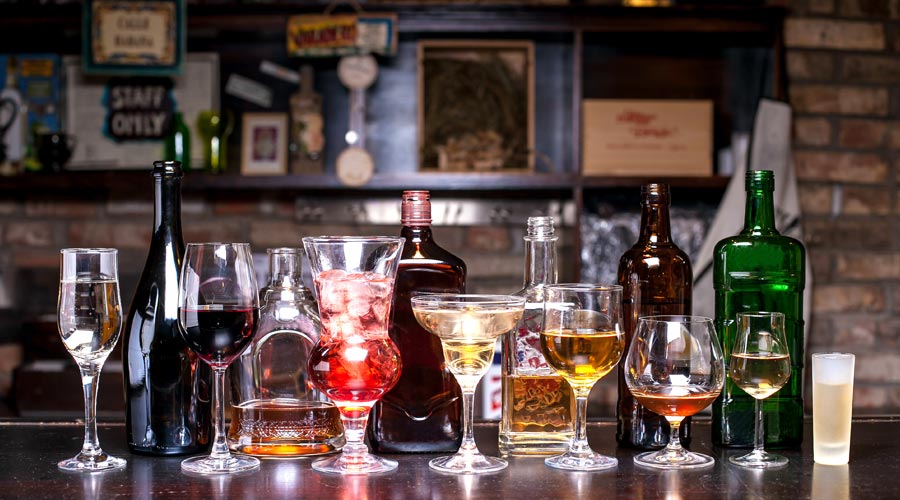Following the start of FTA talks with the UK, Indian alcohol companies are seeking parity in treatment vis-a-vis UK companies including Scotch firms for their exports to the UK.
The Confederation of Indian Alcoholic Beverage Companies (CIABC), the apex body for liquor firms, in a letter to the commerce ministry has suggested the government should ensure the UK allows the selling of domestic whiskies as “Indian Whisky”', irrespective‘ of whether they are made from malt, grain spirits or molasses.
They should also remove the condition of a minimum three years maturation period for whisky and rum, the body said in a letter to the commerce ministry. Some Indian whiskeys which are matured for just a year or produced out of molasses, end up being referred to as Indian ‘‘spirits’’ in the UK.
The CIABC has urged the government not to reduce customs duties on whiskey, wine and other spirits from the UK below a “sustainable level’’ .
The association, which represents top companies such as Mohan Meakin, Sula Vineyards, Amrut Distilleries, Allied Blenders & Distillers and John Distilleries, also called for equal opportunities for the export of Indian products to the UK and measures to prevent dumping or predatory price exports to India.
Reduction of effective customs duty on Scotch whiskey and spirits, at a high 150 per cent in India, is one of the top demands of the UK in the FTA being negotiated as it is one of the top exporters of whisky to the country and believes that there is a lot of scope for growth.
''The domestic alcoholic beverages industry only seeks just and fair level playing field for Indian producers and help them achieve global scale and success...It is therefore vital that the interests of the domestic industry are not compromised, and opportunities are created for Indian products to reach out and conquer the world,'' CIABC Director-General Vinod Giri said.
He also informed that the UK has imposed non-tariff barriers, related to product recipe and ageing, on Indian alcoholic beverages, which prevents most domestic products from accessing the British market. ''These must be removed to ensure genuine quid pro quo,'' he said in the letter.
According to a suggestion made by CIABC, India’s effective customs duty could be brought down from the current 150 percent to 100 percent immediately while it could be reduced further to 75 percent after five years and to 50 per cent after ten years.
However, the UK industry wants tariffs on bottled in origin spirits be reduced to 30 per cent over three years from 150 per cent at present.
To prevent dumping or exports at 'predatory prices’, the CIABC has proposed that a Minimum Assessable Value (MAV) be imposed so that no product is taxed below the minimum value even if it is priced lower.
The suggested MAV for white and brown spirit is $5 per bottle (750ml) while for wines it is $3.5 per bottle (750ml), the submission said.) Bottled and bulk spirits may be treated the same for the purpose of tariff and MAV, it added.
Earlier this month India and the UK have formally launched negotiations for an FTA, under which duties would be reduced or eliminated on several goods traded between the two countries. The proposed free trade agreement (FTA), which is expected to help double bilateral trade to over $100 billion by 2030 and boost economic ties between the two countries.










